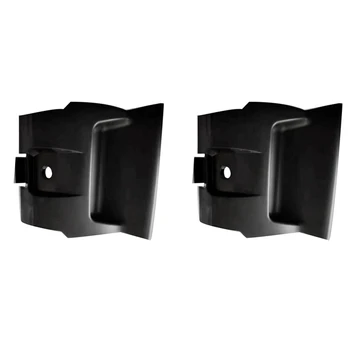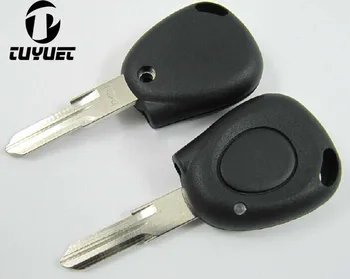Безплатна Доставка
Безплатна доставка по целия свят за всички поръчки
Онлайн поръчка
Не се притеснявайте, можете да поръчате онлайн
Свежест
Само нови и свежи продукти
Направи художници
Повечето продукти се извършва художници
Нови продукти
Където всеки ден се случва нещо специално.
Copyright 2024 © www.bioren.be . Всички права запазени









